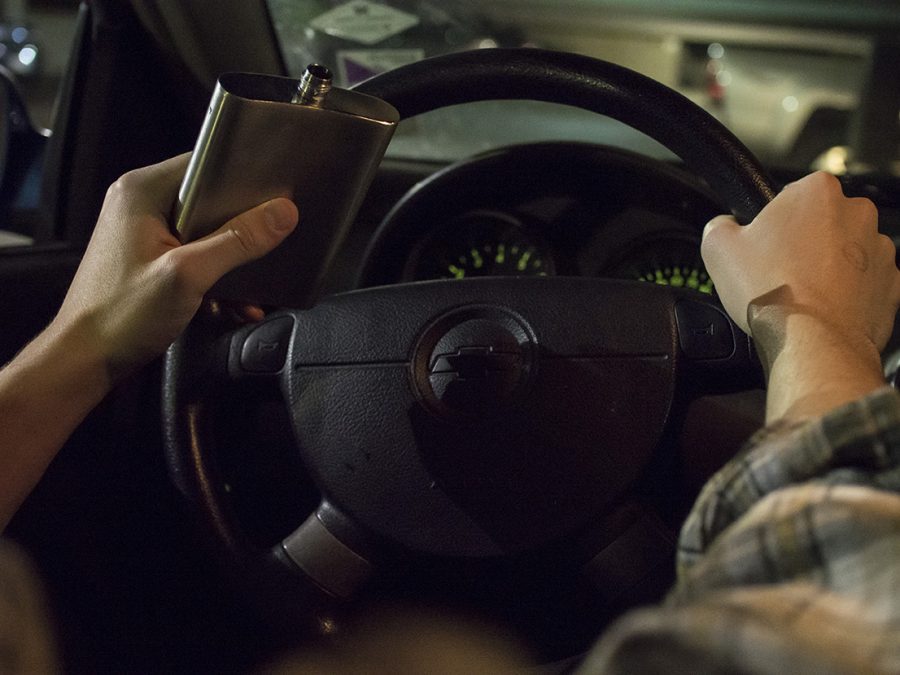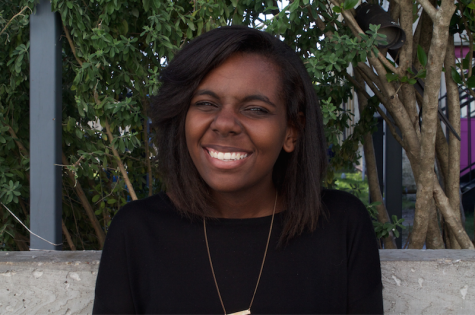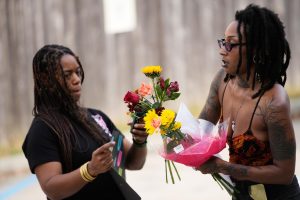The truth about drunk driving
“I only had a couple of beers.” “I barely drank.” “I can drive.” According to the hundreds of people arrested for driving under the influence, you can’t.
April 21, 2016
When Michael Reiber, music industry sophomore, lost his friend in high school to alcohol poisoning, he decided the best way to honor him and to end the possibility of losing another friend to alcohol was by becoming a designated driver.
“I’ve always volunteered to be designated driver. I like looking out for my friends. I don’t want to put anyone else in danger. If I can help it, I’ll stay sober for them,”
Reiber said.
The National Institute on Alcohol Abuse and Alcoholism said that in 2015, approximately 1,825 college students between the ages of 18 and 24 died from alcohol-related incidents, including vehicle accidents.
Because most universities in the New Orleans area, including Loyola, do not have organizations that focus on it, Reiber said that it’s important for students to step up against drunk driving themselves.
According to Reiber, something as simple as making sure he and his friends always choose someone to be designated driver before they go out can make a huge difference.
And even though there has never been a time when the person chosen to be designated driver ended up drinking, he makes sure that his friends never get in a car with someone who has been drinking.
“My parents always say, ‘Michael, we don’t mind if you drink, but never ever get in a car with someone who has been drinking,’ and I hold that in the highest regard, because it could be you and you never know,” Reiber said.
Even though Reiber didn’t plan on drinking when he came to college, he said that being at a university in New Orleans encouraged him to dabble on special occasions.
Robert Reed, assistant vice president of Student Affairs, said that happens to many students who move to New Orleans for college.
“Everything about the environment in New Orleans colors students’ perception of alcohol,”
Reed said.
However, the impaired judgement people receive from heavy drinking can lead students to face repercussions that range from alcohol-related car accidents to death if they chose to get behind the wheel.
Reed said because Louisiana was one of the last states to raise the legal drinking age from 18 to 21, people still have less strict views about underaged drinking.
However, even though the views may be less strict, a person under the age of 21 with a blood alcohol content of .02 and a person over 21 with a BAC of .08 will receive a DUI citation if caught by law enforcement, according to Louisiana
traffic law.
Helmut Schneider, Louisiana State University professor and executive director of the Highway Safety Research Group, released a report of Louisiana traffic records in 2014.
According to the report, Baton Rouge, Lafayette and New Orleans, towns that are home to many of Louisiana’s colleges and universities, showed the most alcohol-related
accidents.
Even though there is a high DUI arrest rate in college areas, Reed said that the percentage of Loyola students that are driving while intoxicated or driving under the influence of alcohol is very small. He said that he has only seen about one or two violations a semester.
Regardless of the low amount of Loyola students cited for DUIs, Reed said that Loyola enforces its alcohol policy regardless of the situation.
“As long as you’re a university student, whatever happens, whether it happens in New Orleans, at home, or in another country, that student code of conduct and what’s expected of it goes with you,” Reed said. “There are some consequences. If we are made aware of the violation, we will deal with it.”
Reed said it’s best for students to avoid driving while intoxicated in any way possible.
There are services available to students like TapRide which is an app that gives students rides within a few miles radius from campus, but Reiber said that it would help if Loyola offered a wider-range service for students.
“If you’re more than a few miles off campus and you’re drunk, they could pick you up. An efficient system like that would definitely help,” Reiber said.
However, Reed said that the number of Loyola students that are driving while intoxicated isn’t big enough to make services like that available yet.
“Right now at Loyola, based on the number that we have now, I would say that we don’t need a wider range of service, but if those numbers were to change, then we would do something about it,” Reed said.
Reiber said he doesn’t mind shelling out a few bucks with Uber if it means he doesn’t have to risk his life with a drunk driver.
“No matter what, we’re going to get home safe,” Reiber said.







